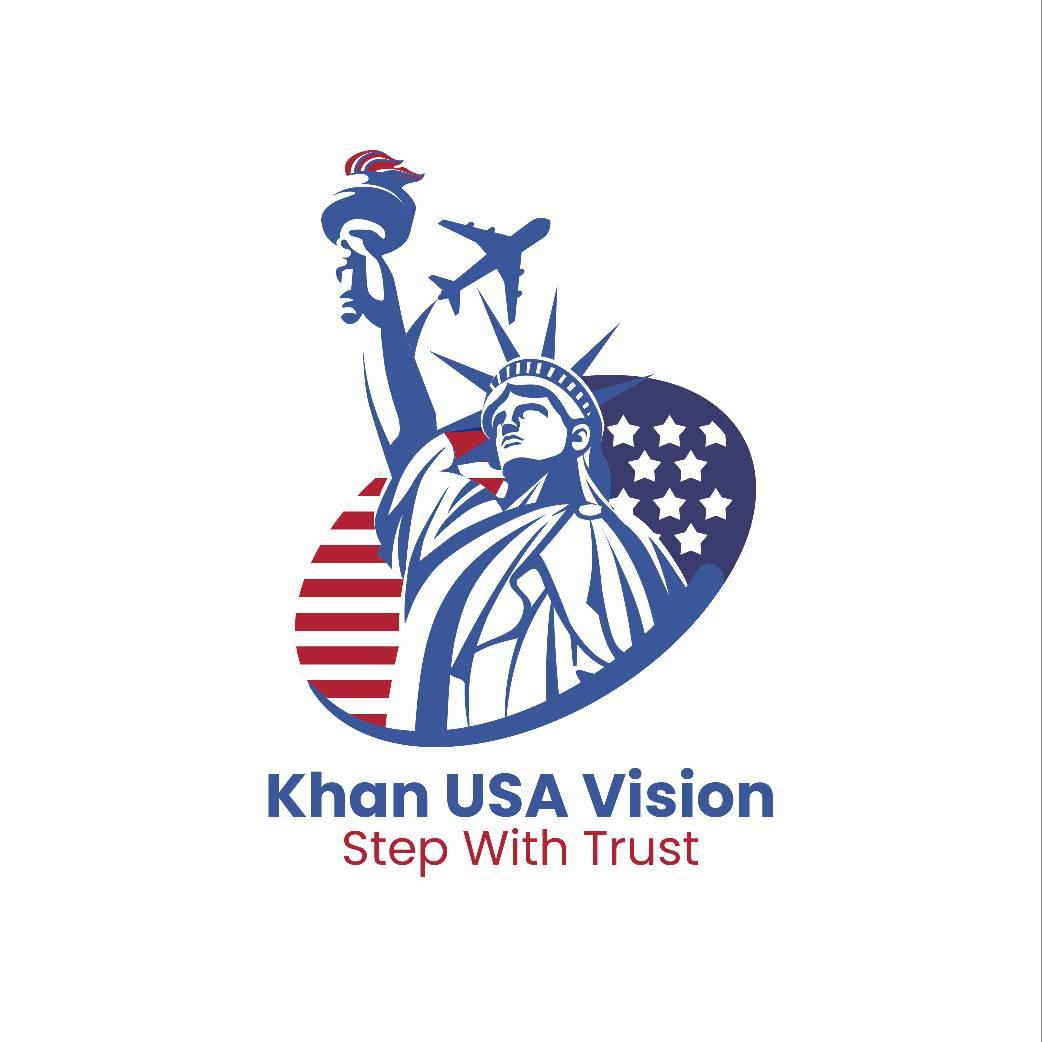Canada is a top destination for international students, offering a high-quality education system, multicultural environment, and promising post-graduation opportunities. For students from Bangladesh, obtaining a Canadian study permit (student visa) is a key step. This comprehensive guide outlines the process to help you navigate your application successfully.
To be eligible for a Canadian study permit, you generally need to meet the following criteria:
Gathering all necessary documents accurately and completely is vital. Ensure all documents not in English or French are translated by a certified translator.
Mandatory Documents:
Education loan sanction letter from a recognized financial institution
Canada is home to some of the world’s top-ranked universities, such as the University of Toronto, McGill University, and the University of British Columbia. Canadian institutions are known for their academic excellence, innovative research, and globally recognized degrees.
Compared to other popular study destinations like the U.S., U.K., or Australia, Canada offers high-quality education at relatively affordable tuition fees. This makes it an attractive option for students seeking value for money.
Canada is one of the most multicultural countries in the world, welcoming people from all corners of the globe. As an international student, you’ll experience a warm and inclusive environment that celebrates diversity and fosters cross-cultural understanding.
Canada consistently ranks as one of the best countries to live in, thanks to its high standard of living, excellent healthcare system, and safe, clean cities. Canadian cities like Toronto, Vancouver, and Montreal are also known for their vibrant culture and quality of life.
Canada offers generous work opportunities for international students. You can work part-time during your studies and full-time during scheduled breaks. After graduation, the Post-Graduation Work Permit (PGWP) allows you to gain valuable work experience and potentially transition to permanent residency.
Canada is known for its immigrant-friendly policies. Many international students use their Canadian education and work experience as a stepping stone to apply for permanent residency through programs like Express Entry or Provincial Nominee Programs (PNPs).
Canada is renowned for being a safe and peaceful country. Its friendly and welcoming nature makes it an ideal place for international students to live, study, and thrive.
From the Rocky Mountains to Niagara Falls, Canada is a country of breathtaking natural beauty. Whether you enjoy hiking, skiing, or simply exploring the outdoors, Canada offers endless opportunities to connect with nature.
Canadian universities are at the forefront of research and innovation. As a student, you’ll have access to cutting-edge facilities, research grants, and opportunities to collaborate with leading experts in your field.
Canadian institutions provide extensive support services for international students, including orientation programs, academic advising, career counseling, and language assistance. These resources help you adjust to life in Canada and succeed in your studies.
Additional Documents (Might be required depending on individual circumstances):
The application process for a Canadian study permit typically involves an online application followed by biometric submission.
Step 1: Get Acceptance from a DLI Apply to and receive an official Letter of Acceptance (LOA) from a Designated Learning Institution (DLI) in Canada. Ensure the DLI is on the official IRCC list.
Step 2: Gather Required Documents Collect and organize all necessary documents as listed above. Ensure all non-English/French documents are translated.
Step 3: Pay Tuition Fees (if applicable) & Arrange GIC If required by your institution, pay your tuition fees and obtain a receipt. If opting for GIC, arrange it with a participating Canadian bank.
Step 4: Complete Online Application Create an account on the IRCC (Immigration, Refugees and Citizenship Canada) portal. Fill out the online application forms accurately and upload all required documents. Pay the application fee and biometric fee online.
Step 5: Biometrics Collection After submitting your online application, you will receive a Biometric Instruction Letter (BIL). You must then book an appointment at the VFS Global Canada Visa Application Centre (VAC) in Dhaka to provide your fingerprints and photo. This is a mandatory step.
Step 6: Medical Examination (if required) If required, undergo an upfront medical examination with an IRCC-approved panel physician in Bangladesh. The physician will send the results directly to IRCC.
Step 7: Attend Interview (if requested) While not common for all applicants, a visa officer might request an interview. If so, be prepared to answer questions about your study plan, financial situation, and intentions.
Step 8: Track Your Application You can track the status of your application online using the IRCC portal or the VFS Global website.
Step 9: Receive Decision If approved, you will receive a Confirmation of Port of Entry (POE) Letter of Introduction. This letter, along with your passport and other supporting documents, will allow you to obtain your study permit upon arrival in Canada. If your application is refused, you will receive a refusal letter explaining the reasons.
The Canadian study permit application fees are subject to change. Always check the official IRCC website for the most current fee structure.
The processing time for Canadian study permits from Bangladesh can vary significantly based on the volume of applications, the completeness of your application, and individual circumstances. It can range from a few weeks to several months. It is highly recommended to apply at least 3-4 months in advance of your program’s start date to account for any delays.
By meticulously preparing your application and understanding each step, you can significantly increase your chances of obtaining a Canadian study permit.

2025 © Khan Global Vision. All rights reserved.